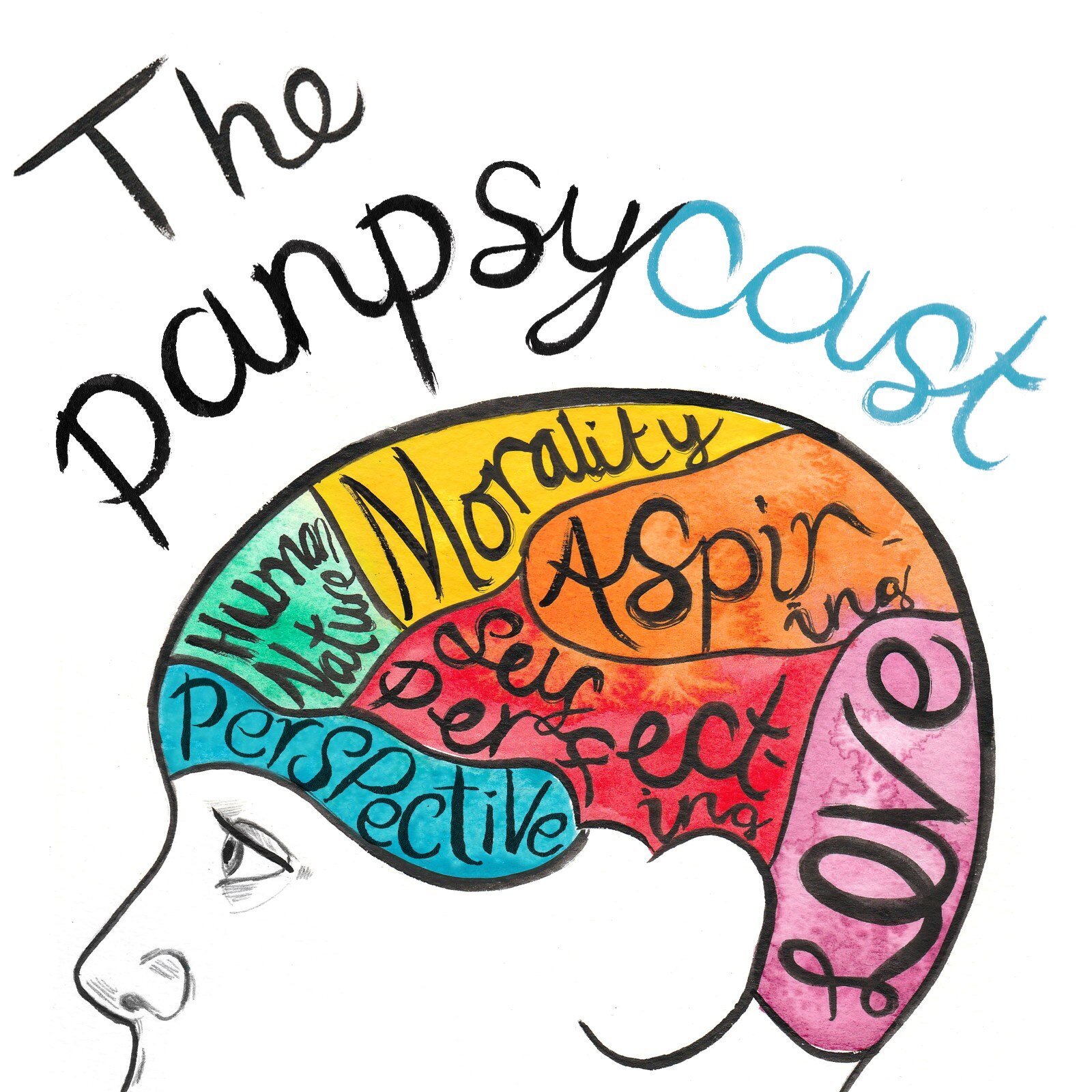Welcome to ‘Episode 95 (Part I of III)’, in which we’ll be discussing the psychology and politics behind conspiracy theories.
Conspiracies happen. Sometimes there really are people who are plotting. Sometimes people use their power to undermine the power of others and harm people for their own personal gain. Sometimes, your paranoia is justified.
Perhaps then, we should all be a little more suspicious. After all, don’t we want to protect the freedoms of our families, friends, and neighbours?
Perhaps… but perhaps not. What if our suspicions lead us down a never-ending rabbit hole? What if our quest for ‘seeing things as they really are’ only erodes our ability to see the truth? What if our convictions and suspicions actually make it easier for truly dangerous people to remain hidden from our view?
What do you mean ‘that’s exactly how they want you to think’?
Who are ‘they’?
Ah, I see.
The file size is large, please be patient whilst the podcast buffers/downloads/follows the gingerbread crumbsContents
Part I. Origins
Part II. Solutions
Part III. Further Analysis and Discussion
Links
Conspiracy Theories, Quassim Cassam. (Book)
Suspicious Minds: Why We Believe Conspiracy Theories, Rob Brotherton. (Book)
Believing Bullshit: How Not to Get Sucked untie an Intellectual Black Hole, Stephen Law. (Book)
Conspiracies and Conspiracy Theories, Michael Shermer. (Audiobook)
Alex Jones Chases a Guy Across the Street. (YouTube)
Alex Jones and Andrew Neil, BBC. (YouTube)


